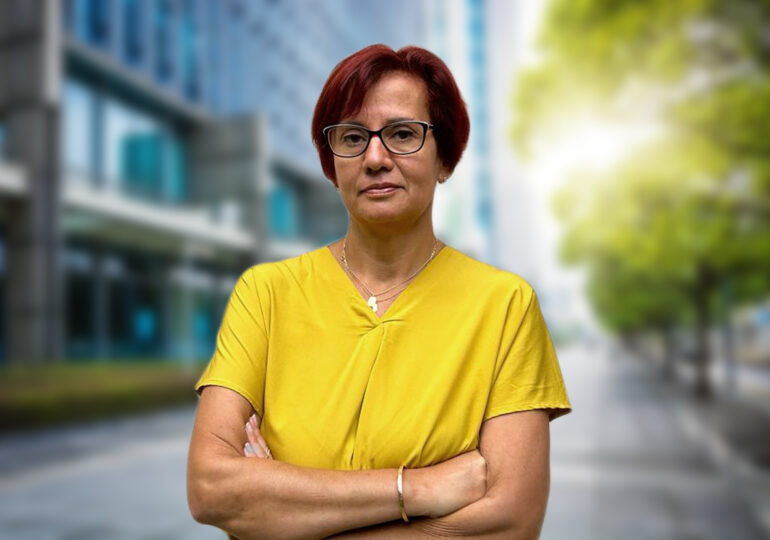When you throw into the battle for Bucharest at the last moment a candidate without notoriety and without minimal political communication training, but you really want to win the fight with him, you flank him with communication coaches, you organize his campaign meticulously with a solid, well-coordinated, and sufficient team that has a precise plan regarding the target electorate. In other words, you subject him to a kind of electoral doping.
None of these things can be seen in Mr. Cătălin Cîrstoiu who, according to the PSD mayor of Buzău, has the worst campaign in the country and seems somewhat abandoned.
Except for the moments when he is paraded like a bear on the streets, completely unprepared for the questions he might receive, Mr. Cîrstoiu seems to be on his own.
Furthermore, the PSD leaders also stick a nail in his side. And I am not only referring to Mrs. Firea who, from the very beginning, failed to pronounce his name "the common candidate."
It wasn't enough that in the incompatibility scandal the press asked Cătălin Cîrstoiu several times a day when he would withdraw, but Marcel Ciolacu also came out to say that he is "temporarily" the common candidate.
It is hard to believe that Mr. Ciolacu, a politician with great experience, including electoral, does not understand the effect of such a campaign and his own statements.
I really can't believe that, after so many campaigns and so many political matches standing, Mr. Ciolacu makes such electoral blunders in such sensitive moments.
Just as it is hard to understand why Mr. Ciolacu has not reached an understanding with Cristian Popescu Piedone, for the positions that it is known he was asking for his clan, to avoid losing PSD votes in this direction, when it was clear that some of the liberal votes would go to Nicușor Dan anyway.
So what?
One possibility is that the level of incompetence of the two parties is so high that they simply cannot conduct a campaign that exceeds the level of small urban and rural areas.
That they are no longer capable of strategies, that they have come to blindly believe in an electoral power of a machine that they do not actually possess and are heading towards a moment of truth.
Another possibility is that within the PSD, which supported Cătălin Cîrstoiu, the option of losing the Capital is assumed.
It would be a very high cost because, even though it is only about a mayor's office in the end, the elections for the mayor of Bucharest have a signaling value that spreads in the perspective of the autumn-winter electoral season.
Does Marcel Ciolacu count on such a high score in the European elections, in the county councils, and in the rest of the Capital to cover a possible failure, which, by all appearances, can occur in at least two sectors where the coalition's offer is very weak?
What could be the political calculation?
For the possibility of a victory for Nicușor Dan, they could rely on the September process at the ICCJ which will definitively rule on the ANI report, which found the current mayor incompatible. A risky calculation, considering that Mr. Dan won in the first instance at the High Court of Cassation and Justice.
It is much more likely that Mrs. Clotilde Armand will lose a possible new term on the grounds of incompatibility, considering that she lost in the first instance the case against ANI, and the case is quite clear.
For the possibility of a victory for Cristian Popescu Piedone, the calculation could be a long shot.
If the leader of PUSL wins the Capital, it will certainly be a strong electoral fuel for the party founded by Dan Voiculescu. A fuel that could help them cross the threshold in the fall.
And once entered into the future Parliament, PUSL could become a kind of PUNR for Marcel Ciolacu, a party where defectors aspire and with which he could ensure a comfortable majority for the next 4 years, and if, at some point, the PSD will be forced or will have an interest to separate from the liberals.
An imperative for Marcel Ciolacu if, as he shows signs, he does not venture into the presidential elections and prefers to remain prime minister for another 4 years.

